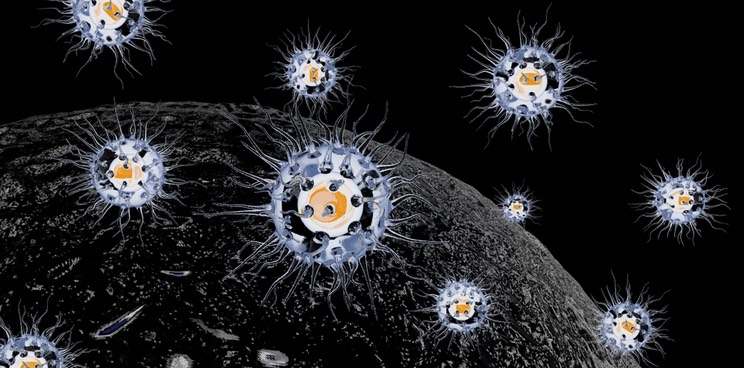A CAR T-cell therapy amplified by RNA technology, developed by BioNTech, has shown preclinical potential for tackling solid tumors, which are hard to treat with current CAR T-cell therapies.
In a study published in Science, the CAR T-cell and RNA combination therapy suppressed tumors in mice implanted with human ovarian cancer for longer than regular CAR T-cell therapy. BioNTech, based in Mainz in Germany, now aims to test the therapy in cancer patients for the first time later this year, with a focus on ovarian, testicular, uterine, and lung cancer.
“To my knowledge, we are currently the only company combining a classical CAR-T approach with an RNA-based vaccine that boosts the specific CAR-T population,” Özlem Türeci, CMO of BioNTech, told me.
Like regular CAR T-cell immunotherapies, BioNTech’s treatment consists of genetically modifying T-cells to recognize a molecule linked to cancer cells. In the case of BioNTech’s therapy, the cells target a molecule called claudin 6, which is expressed on the surface of certain types of cancer cells, but not healthy adult cells.
Unlike current CAR T-cell therapies, BioNTech’s treatment also involves periodic injections of an RNA vaccine encoding claudin 6, boosting the CAR T-cells inside the patient. This helps CAR T-cells to stay active for longer and to penetrate solid tumors, something that is not feasible with approved CAR T-cell immunotherapies such as Novartis’ Kymriah and Gilead’s Yescarta.
According to Türeci, RNA is a great add-on to CAR T-cell therapies because it’s easy to manufacture, and also flexible for adapting to new targets. One challenge for RNA therapies is getting the RNA into cells without it breaking down in the body. BioNTech’s approach is to encapsulate the RNA in packages called liposomes, which protects them from being broken down before reaching the cell.
There are several other companies trying to expand CAR T-cell therapies to solid tumors. One of the most advanced is the Belgian firm Celyad, whose off-the-shelf therapy recently shrank the colorectal tumors of six out of 12 patients in an ongoing phase I trial. Another is the French biotech Cellectis, which is developing an off-the-shelf CAR T-cell therapy, currently at the preclinical stage, for the treatment of solid tumors.
Images from Shutterstock





